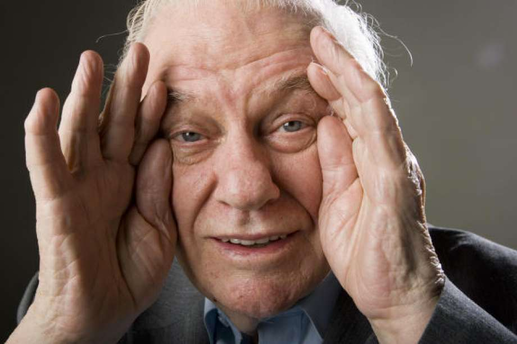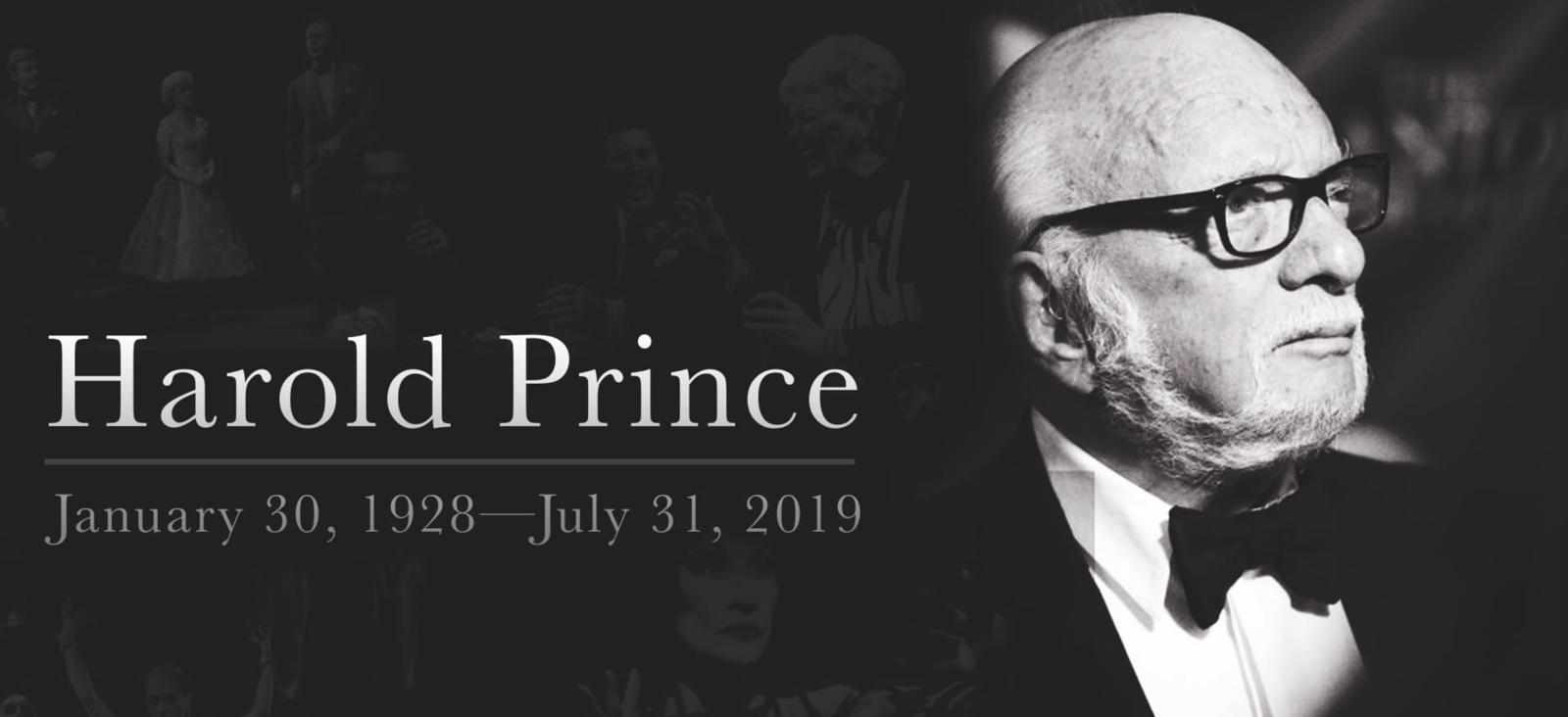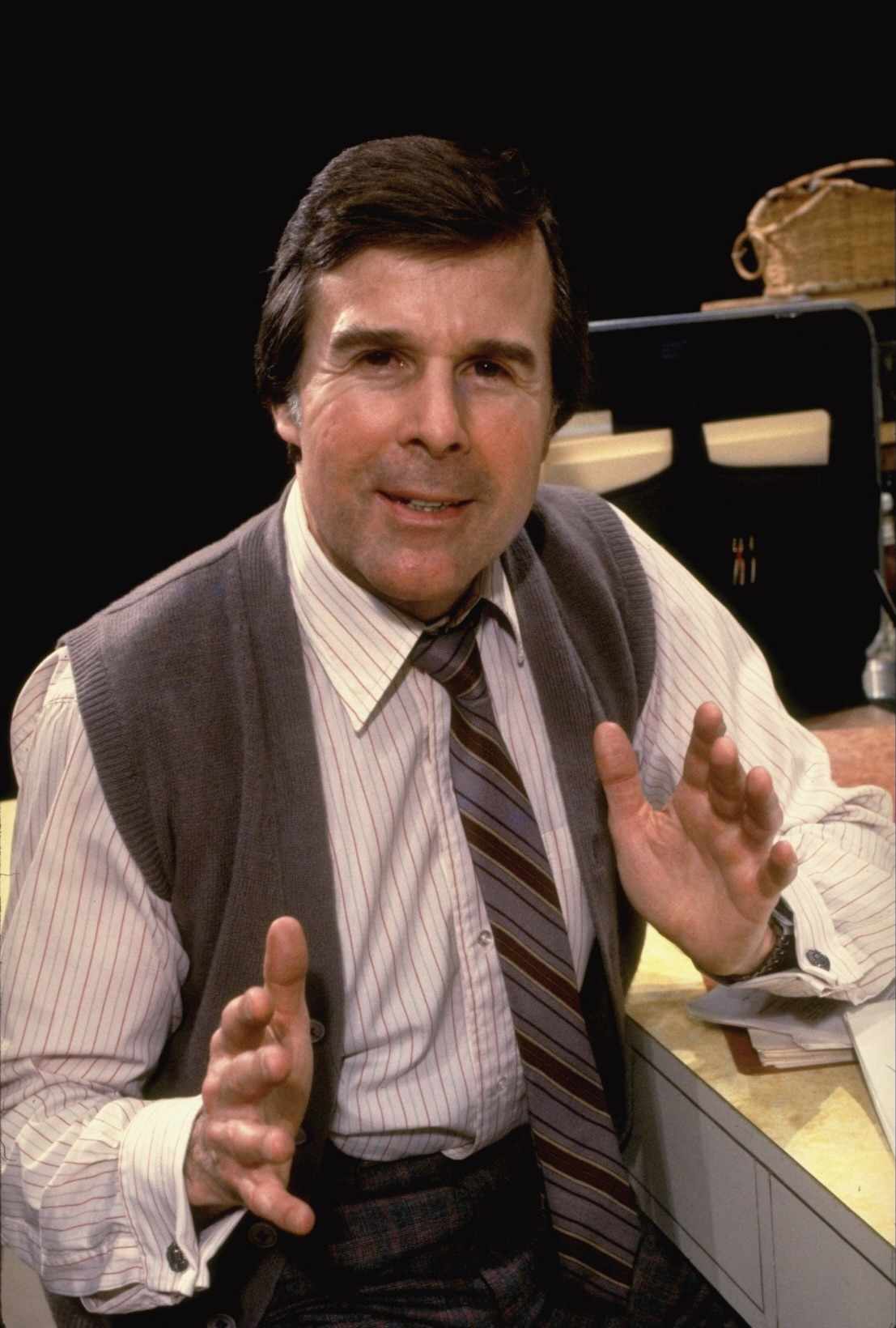
Nineteen years ago, close to 3,000 people died in a terrorist attack, the worst fatalities on American soil since the bombing of Pearl Harbor. Coincidentally, 9/11/2020 marks six months to the day that live theatre shut down due to COVID-19, not only here in New York, but across the country and most areas of the world. My report on these duel days of mourning in today's "Theatre Yesterday and Today."
On March 11th, 2020 I took my seat at a Wednesday matinee of Alanis Morissette's Jagged Little Pill, a new musical based on her iconic 1995 album. It was already a busy week of theatre for me, although not much more than usual. While it was still in previews, I got to see Tracy Letts’ new play The Minutes a few days prior, with not a clue how lucky I was (it was fantastic). It shut down the following day like everything else (save Phantom of the Opera with a Thursday matinee March 12th), and may not return when the theatre comes back (whenever that might be). Six, the new rock musical about the half-dozen wives of Henry VIII, was stopped in its tracks mere hours before its official opening night (it will definitely return, you can count on that). Actors' dressing rooms were already getting deliveries of flowers when the word spread that all of Broadway was being cancelled till further notice. Within a short period of time, a revival of Who's Afraid of Virginia Woolf? and Martin McDonough's latest play The Hangman, both announced they would not reopen at all. Later, Frozen threw in the towel, packing up and moving out of the St. James for good. Could anyone have predicted we'd be facing a six month-long intermission with no end in sight (at the moment)? Personally, it's the longest I've gone without seeing a play since I went off to college forty-five years ago.

To equate the deaths on 9/11 of 3,000 people with a mere shut down of all things cultural in New York City may seem insensitive, which is not my intent in any way. But in truth, there's nothing "mere" about it. According to a report in the New York Times on July 21st, "before the pandemic, in 2018, the city welcomed a record 65,000,000 tourists from around the world. Those visitors spent $44 billion—money crucial to keeping hotels, restaurants, bars, stores, theaters and museums afloat." Such loss is deeply saddening and has proven catastrophic for anyone who makes a living in the performing arts particularly, on stage as well as behind the scenes. Actors, musicians, stagehands, box office staff, ushers, cleaning services, et. al. are all unemployed and unable to work in their chosen profession until further notice. That downshift, or better stated obliteration, has led to certain businesses not just closing their doors temporarily, but permanently. The economic and psychological toll is incalculable.
Keep in mind that Times Square is a small piece of property composing of 0.1% of New York City's land area yet supports nearly 10% of the city's jobs and generates 15% of its economic output. A study in 2019 done for the Center for an Urban Future showed that "there were 291,000 direct jobs in tourism in New York City, which is more than in finance (which has 268,000) and nearly twice as many jobs as in the city's tech sector (146,000)." Tourists also make up the bulk of credit card sales at New York City restaurants and drinking establishments. That 65,000,000 figure is roughly twice the number of visitors from twenty years ago. That spending power is enormous; so much so that the theatre and all businesses became dependent upon it, almost like an addiction. Subsequently, the theatre industry began catering to tourists in ways that were not the case when say A Chorus Line was the biggest show on Broadway forty-five years ago. Everything from what is produced to how it's marketed is completely changed—and therein lies a conundrum.
For when the theatre returns, the big question is will the tourists come back to New York City? And without them, can the theatre survive? They will return, for sure... but when and in what numbers is unknowable. And because the tristate area (New York, New Jersey and Connecticut) no longer drives the revenue of sales anymore, that once huge base will become more vital to its survival than ever. If they stay away, then we are looking at some serious trouble when Broadway eventually returns. Yes, there will be die-hard fans like me (I choose that irony-filled adjective on purpose) who will be there on the first night a show sells tickets because it is their life-blood. However, there won't be enough devotees like myself to bring the theatre district back to life all by ourselves. I mean, haven't the bridge and tunnel crowd already seen Wicked and The Lion King? And possibly numerous times. When those shows reopen (and they will), who will be in the audience? It's going to be tough, so instead, look for a slow (and hopefully steady) flow of those within an easier commute than say Tokyo to feel safe enough to come back to Times Square because, without them, Broadway could wither on the vine and die instead of come roaring back to life.

On July 29th, Charlotte St. Martin, president of the Broadway League, announced that Broadway will be dark until 2021. As she properly stated, "We literally cannot reopen unless there is a confidence in the safety of the cast and crew and theatergoers, so we don't really know when that will be and that's part of the challenge we're facing." And as I mentioned earlier, not only will the reduction in tourists make a significant impact on attendance, keep in mind that 16% of Broadway-ites are over the age of sixty-five (and once you removed tourists from that equation, that percentage gets higher).
After 9-11, it took about four years for international tourism to get back up to pre-levels of attendance. That New York City rebounded in such a robust way as it did was unthinkable during the early weeks and months of the destruction nineteen years ago, which is why this marking of the six-month point is palpable. I still feel an optimism, shared by many of my theatre friends that we will undoubtedly get through this and come out the other side. That WILL happen. But better than ever? That's a tough one that requires a pair of pretty thick rose-colored glasses. The theatre of 2022 or 2023 may be structured differently and perhaps not resemble what it was like when it was raking in billions prior to COVID-19.
In the meantime, keep the faith and remember:
#onlyintermission.
If you enjoy these columns, check out Up in the Cheap Seats: A Historical Memoir of Broadway, available at Amazon.com in hardcover, softcover and e-book. And please feel free to email me with comments or questions at Ron@ronfassler.org.





















Write a comment ...